Do your gums bleed when you brush or floss your teeth? Gingivitis, or gum inflammation, can precede periodontitis, also known as gum disease. Gum disease is the leading cause of tooth loss in adults. When the gum tissue is infected, the infection spreads quickly. Plaque can inflame the gums, causing them to bleed easily. As the infection progresses, pockets between teeth form, and teeth can loosen or fall out.
Mid Michigan Smiles dentist Dr. Raymond Ribitch treats bleeding gums and other symptoms of gum disease in his Mount Pleasant, MI dental office. Dr. Ribitch cares about helping patients restore the health of their teeth and gums as well as retain their natural teeth. Learn more about the signs of this dental concern as well as the treatments that Dr. Ribitch offers patients.

Gum Disease Problems
When left untreated, gum disease can increase the risk of these conditions:
- Gum swelling
- Loose teeth
- Halitosis (Bad breath)
- Gum recession
- Shifting teeth
Patients who have periodontitis can also be more prone to heart conditions including cardiovascular disease, stroke, and heart attacks. However, there are easy ways to prevent gum disease from progressing or occurring in the first place.
Gum Disease Prevention and Treatment
You should schedule a visit with Dr. Raymond Ribitch twice a year so that he can check the health of your teeth and gums. If you have noticed your gums bleeding, please schedule an appointment with Dr. Ribitch for a check-up. Even if you haven’t been to the dentist in a long time, it is important to catch gum disease early before the infection spreads further.
Gum disease treatments include antibacterial rinses, laser therapy, gum surgery, or scaling and root planing. Dr. Ribitch will assess your teeth and gums in order to determine which treatment option should take place.
- Antibacterial rinses: Dr. Ribitch may prescribe rinses that reduce the number of bacteria in the mouth. This option is best for people with mild gingivitis.
- Scaling and root planing: During scaling treatment, the affected areas are numbed and tartar and plaque are carefully removed from above and below the gum line. Root planing smooths out the tooth roots so the affected tooth or teeth can reattach to healthy gums.
- Laser gum disease treatment: Dental lasers can gently remove disease and damaged gum tissue. Laser dentistry promotes faster healing, reduces the risk of infection, and improves the patient experience. Dental lasers are also more comfortable for patients and do not require sutures.
- Periodontal Surgery: In advanced cases of gum disease, patients may require surgery to help promote healthier teeth and gums. Flap surgery and bone grafting are some of the most common procedures. During flap surgery, the surgeons lift a section of gum tissue to remove tartar and bacteria from the tooth and underneath the gums. Bone grafting prevents tooth loss and promotes bone regrowth by transplanting small parts of bone into the mouth.
Bleeding Gums FAQs
When should I be concerned about bleeding gums?
Bleeding gums can happen occasionally, just from things like brushing too hard or sharp foods. However, when it starts to happen frequently, this is a sign of gum disease. If it’s happening multiple times in a month, it’s time to call your dentist to schedule an appointment.
Do bleeding gums heal on their own?
Occasionally, bleeding gums can be healed on their own. However, when they’re caused by gum disease, the disease has to be cured for the gums to heal. Otherwise, the skin is still thin and your gums are going to continue to be prone to splitting open again.
Can stress cause bleeding gums?
Long-term stress has been proven to weaken your immune system. Your body’s ability to fight off infections is lowered, meaning you’re at a higher risk for bleeding gums and periodontal disease.
Schedule an Appointment
Remove gum disease at the source with a visit to our Mount Pleasant, MI dental office. Call Dr. Ribitch at 989.200.3896 or schedule an appointment online today.
